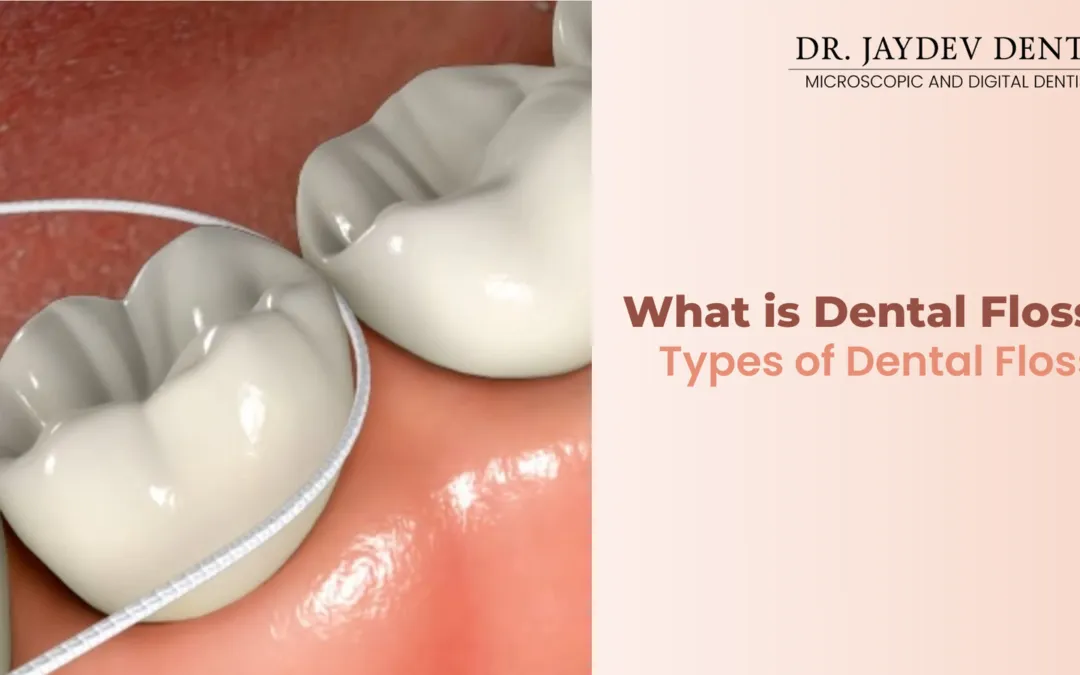If you skip Flossing, you will miss cleaning up to 40% of your tooth surfaces!
Do you believe this?
If you have sat through any dental cleaning, you might have already known what flossing is. Flossing is an integral part of the whole cleaning process. Flossing is necessary even if you brush your teeth once or twice a day.
But, while the importance of flossing is defined, published, and accepted, the evidence that supports it turns out to be thin to look at. So, in this blog let us explore how flossing can make a difference in Oral and Gum health.
Table of Contents
What is Flossing and why it is necessary to floss every day?
Before letting you know about flossing, I define flossing as a crucial part of dental health. Flossing is to be included in the daily routine to maintain oral health and hygiene. This prevents plaque build-up, cavities, gingivitis, and other oral cancer-causing symptoms or conditions. Flossing regulates the blood flow in the deeper layers of teeth and gums. Thus making both teeth and gums healthier and stronger.
The effectiveness of flossing is achieved only when you choose the proper technique. Flossing incorrectly hurts your gums and so learning how to floss is also important.
CDC’s National Health and Nutrition Examination Survey revealed that only 30% of people floss on daily basis. But where do that 70% of people go? Among them, they say that 37% of people say they floss on less than a daily basis while the remaining 32% report they never floss. What may be the figures, it is clear that not enough people are flossing.
As life gets busy and stressful, it is convenient to slack off. Oral hygiene and maintaining proper oral health are less concerned aspects. Flossing may take some time but it will be worth doing once you know the consequences of dental problems.
Types of Dental Floss
There are many variations of teeth floss depending on their thickness, flavors, etc. No one floss will best suit everyone. Some people may have more than one floss and all depending on their scenario. Here is an overview of the types of dental floss available:
- Thread Floss.
- Waxed Floss.
- Un-waxed Floss
- Tape Floss or Dental Tape.
- Super Floss.
- PTFE Floss.
Of all these types, it is challenging to decide without being fully informed on each floss and how it is to be used for higher efficiency.
1. For Anti-Shedding: Waxed Floss
This is one of the available flosses which are also easy to use. This floss is made out of nylon but is coated with wax to add durability. Waxed floss is the least prone to shedding even in crowded tooth areas.
Apart from the durability, this waxed floss poses the challenge that the extra wax layer may wear off in tighter areas due to the squeeze. Hence this floss is suggested for persons with crowded teeth.
2. For Tight Teeth: Un-waxed Floss
This is one of the most used floss types. It is usually built on a nylon material crafted with many strands (about 35 strands) twisted together. This floss is free from chemicals as there are no artificial flavors added to this.
Unwaxed flossing is very thin that it is only suggested for people who have small gaps between their teeth. It absorbs food particles better by easily fitting into the tight spaces between the teeth. The only drawback with un-waxed floss is, that it is easily prone to fraying.
3. Thread Floss
Thread floss is made from thin nylon threads grouped. These are easy to glide between the teeth and are easy to use.
4. Dental Tape or Tape Floss
Dental Tape is almost similar to all other types of flosses but it is a bit thicker than all. The dental tape looks flatter and is suggested for people with bigger gaps. As the gaps are high, they need to have thicker floss to easily clean the debris. Dental tapes are available both in waxed and un-waxed versions. Dental tape is not advisable for people who have crowded teeth.
5. Polytetrafluorethylene Floss (PTFE) Floss
Ploytetraflourethylene is mostly known as Gore-Tex fabric which is very strong. The floss made from this fabric is free from shredding. This floss is also good for crowded teeth as it easily slides into the smaller gaps.
Besides being easy to use, PTFE is not highly recommended as it is produced from carcinogen, perfluorooctanoic acid. These carcinogens are said to compromise the immune system, and hence these are not suggested frequently.
6. Super Floss
This is made from a yarn-like substance. Super floss is stiffer on each end and hence stands up to the rigors of flossing between the complex spaces when wearing braces or dental bridges. This is a special type of floss suggested for people having dental bridges or braces.
What do you think are the reasons to floss regularly?
Steps to Floss Properly –
- Take about 18 inches of floss and wind it around fingers leaving enough thread to floss.
- Gently slide the floss up and down.
- Curve the floss around teeth towards to below the gum line.
- Take time to repeat the same for all the teeth.
Just above everything else about flossing, you may not know why we need to floss our teeth every day. So, here are four excellent reasons that take you to the schedule of flossing regularly.
1. Prevents periodontitis:
Periodontitis is associated with the gums and the bones supporting the tooth. Periodontitis loosens the bones leading to the tooth falling out. Poor oral hygiene is the major cause of this disease. It occurs when the stuck food particles are left over for longer durations. These lead to infections and hence teeth are to be flossed to remove the particles that the brush cannot.
2. Whiten Teeth
Infections in teeth lead to excess plaque build-up causing the tooth to look yellowish or unclean. To accomplish this, you need to clean your teeth from deeper layers with thin materials. Flossing is one of the cleaning procedures that take up this challenge and aids in preventing or reducing floss. Thus aiding in whitening the teeth.
3. Freshens Breath
Bad breath not only troubles the people near you but also reduces your self-confidence. As Flossing helps in deep cleaning the teeth and creates a huge impact in removing the infectious debris or plaques. This reduces the further bacteria build-up and you will enjoy the fresh and clean breath.
4. Fewer Fillings, Extractions, and Other Dental Procedures
Plaque is the highest contributor to most oral and dental issues like tooth decay, gingivitis, enamel loss, etc. If you have any of these problems, you will consult your dentists and end up opting for certain procedures to restore your tooth and oral health. Regular flossing help in removing the plaque thus helping you avoid opting for additional dental procedures.
Final Note
With all the different types of floss available, you will be able to find the best suit one for you. But if you are still having any queries to get answers to, consult the specialists at Dr. Jaydev’s dental clinic. We have personalized treatment options to help you choose the best-suited one.
For further comprehensive dental care or treatments, schedule the appointment now.

